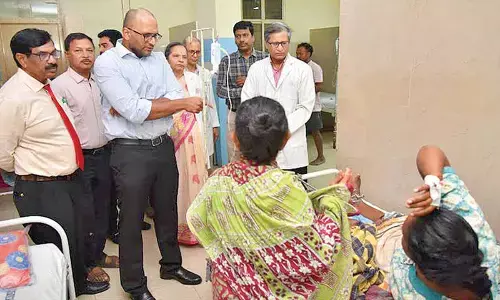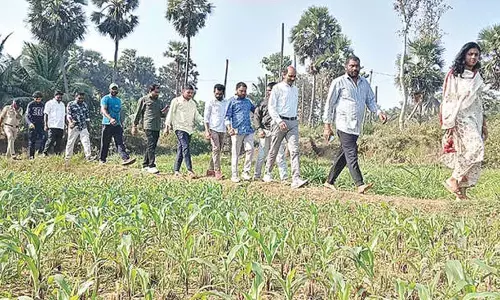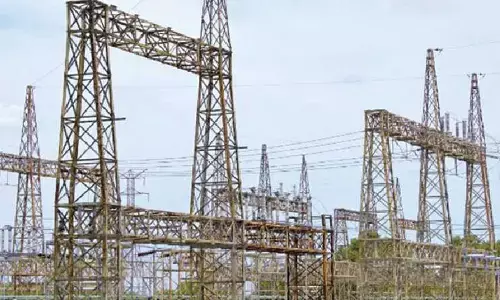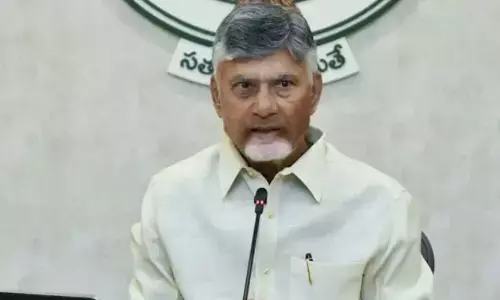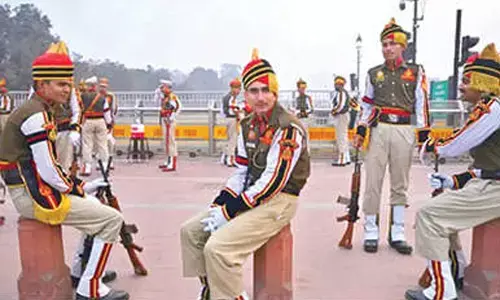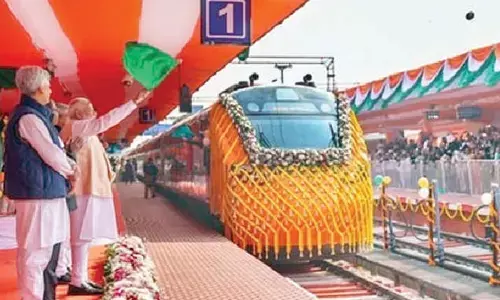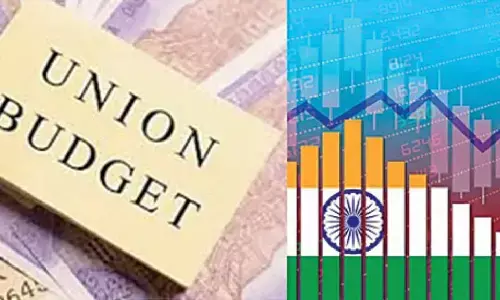SC judgement on FCRA Amendment Act noteworthy
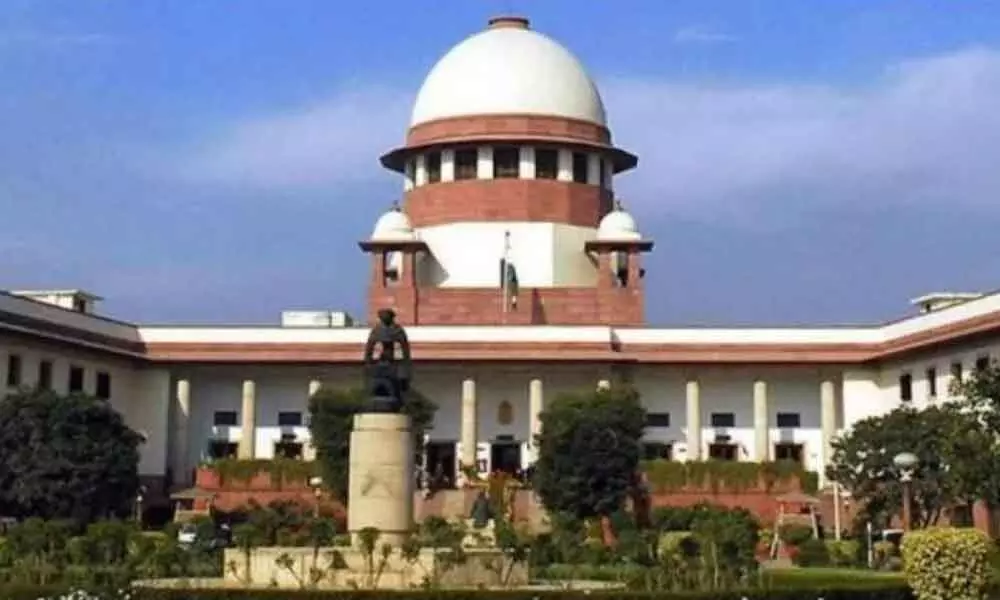
Supreme Court
The Supreme Court on Friday upheld the Constitutional validity of the Foreign Contribution Amendment Act, 2020, which imposed restrictions on the way foreign contributions are handled by organisations based in India
The Supreme Court on Friday upheld the Constitutional validity of the Foreign Contribution (Regulation) Amendment Act, 2020 (FRCA Amendment Act), which imposed restrictions on the way foreign contributions are handled by organisations based in India (Noel Harper v. Union of India).
The Bench of Justices AM Khanwilkar, Dinesh Maheshwari and CT Ravikumar said that citizens do not have any right to receive foreign contribution and permitting the same is a matter of State policy. The Court maintained that "it is open to the State to have a regime which may completely prohibit receipt of foreign donation, as no right inheres in the citizen to receive foreign contribution (donation)".
The petitions under Article 32 of the Constitution of India primarily assail the constitutional validity of the amendments to the provisions of the Foreign Contribution (Regulation) Act, 20101 vide the Foreign Contribution (Regulation) Amendment Act, 20202, calling those manifestly arbitrary, unreasonable and impinging upon the fundamental rights guaranteed to the petitioners under Articles 14, 19 and 21 of the Constitution.
One of the petitioners had founded a trust in the name of "The Care and Share Charitable Trust" in Vijayawada, India in the year 1997. It is the case of the petitioners that the Trust is also registered with the Income Tax authorities and Ministry of Home Affairs, Government of India including under the Foreign Contribution (Regulation) Act. Hence, the petitioners argued that they were entitled to foreign contributions. The Court felt that the argument of compelling necessity may have arisen for consideration only if one were to find that the dispensation provided in the amended provisions was in the nature of complete prohibition to form association or to engage in business. As mentioned earlier, these provisions were only for effective regulatory measures concerning and limited to foreign contribution, in the larger public interests, public order, and more particularly for safeguarding the sovereignty and integrity of the country.
Taking any other view would entail undermining the legislative intent and cannot be countenanced. The Court also observed that there is "no dearth of donors" in India and asked charitable associations to focus on donors within the country, to obviate influence of foreign countries owing to foreign contribution. Permitting inflow of foreign contribution, which is a donation, is a matter of policy of the State backed by law, the Court underscored.
"Indisputably, no absolute right inheres in anyone, much less to receive foreign contribution outside the framework delineated by the Parliament and implemented by the executive," the judgment said. The Court was right in pointing out that foreign donations can influence policies of the country and lead to imposition of political ideology and hence they should be reduced. In fact many of these organizations that work with destitutes and orphans have also been facing several other allegations too.
Most common to these allegations is the one related to conversions too. However, there are several other NGOs that receive huge amounts to fund their activities but some of these end up as campaign committees against the local governments. Their political affiliations too should be considered in fact as no one should impose the will of a donor on the local populations through donations. It should also be recalled that some of the prominent civil society activists who are embroiled in controversies often are on the boards of such NGOs. A remarkable judgment by all means!









